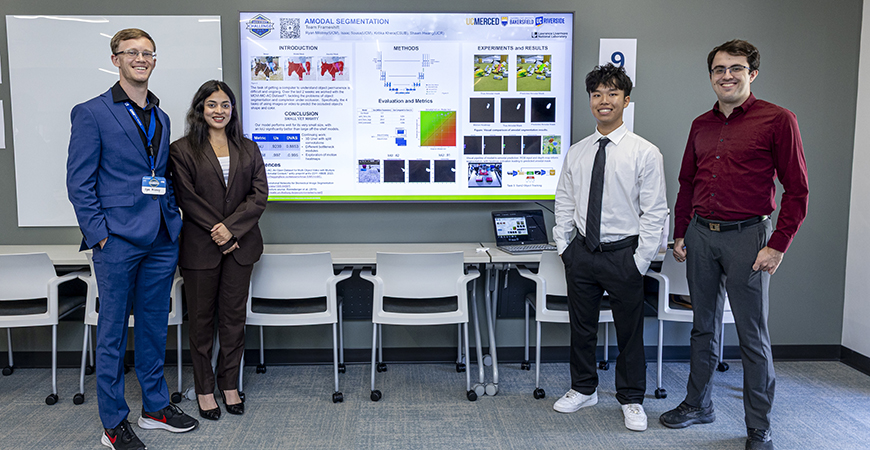Applications are open for the 2026 Lawrence Livermore National Laboratory Data Science Challenge, a two-week summer internship that gives students a firsthand look at national lab research through high‑impact, data‑driven problem solving.
“I want our students to see themselves in these...





